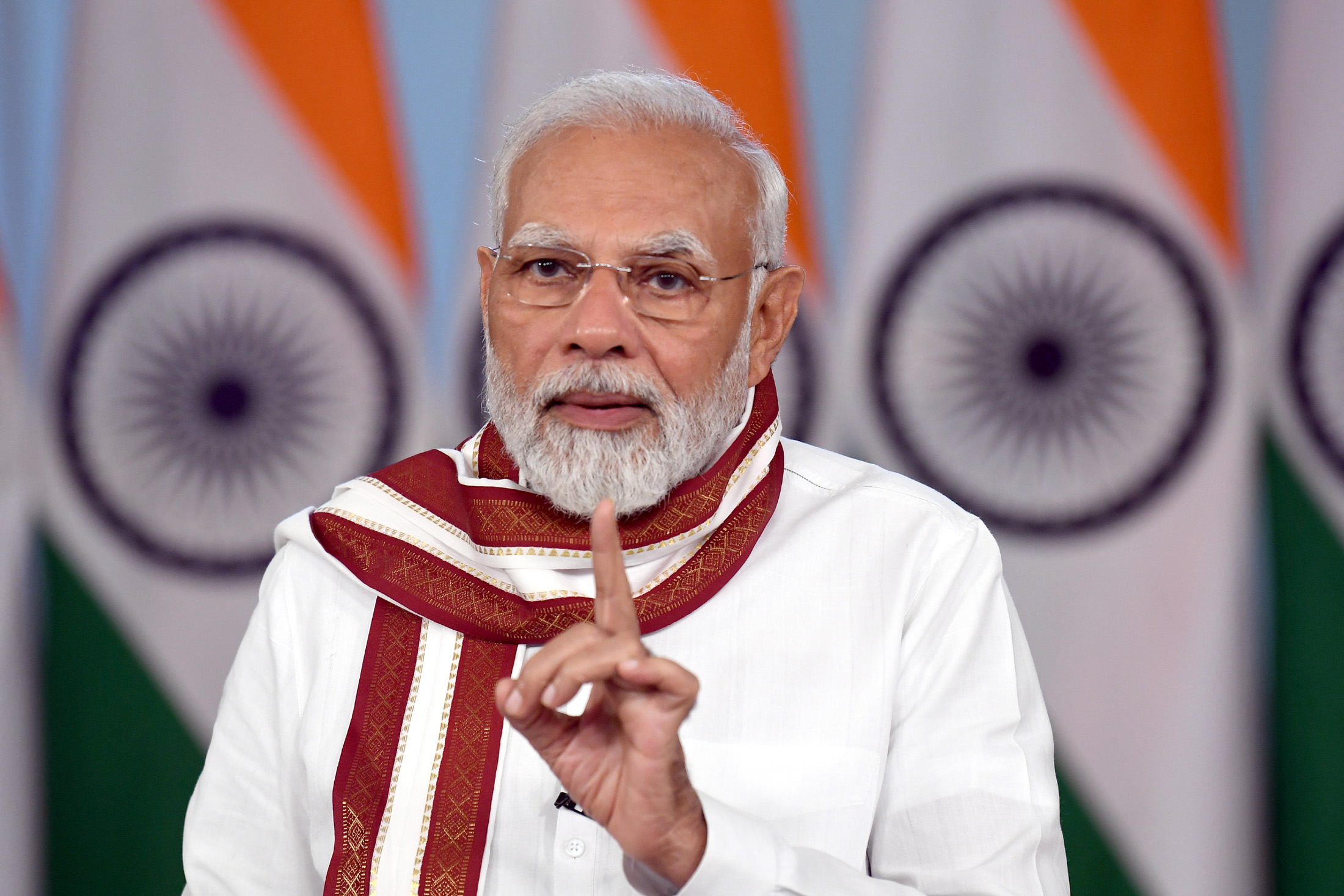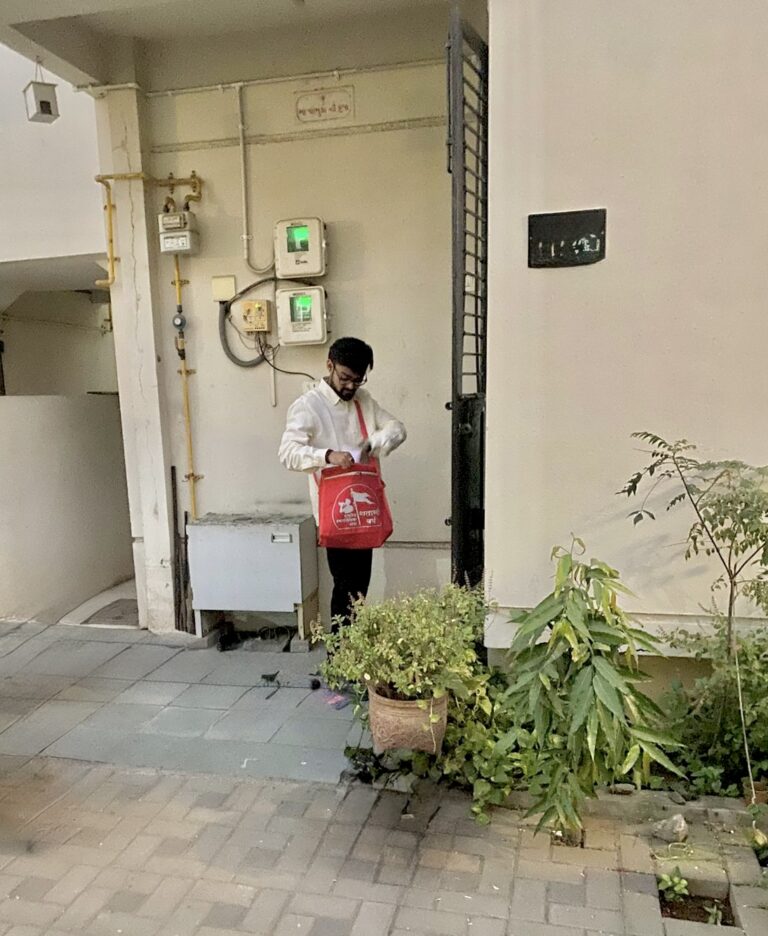
Prime Minister Narendra Modi emphasized the importance of urban development on Wednesday, stating that only “well-planned cities” will define India’s fate.
Delivering a post-Budget webinar on the matter of urban development, Modi said well-planned cities were the need of the hour in the 21st century. He stated that inadequate city planning or plan implementation may pose significant hurdles to the country’s development.
The prime minister invited the stakeholders to focus on three questions—how to strengthen states’ urban planning ecology, how to harness the expertise available in the business sector, and how to build a center of excellence for urban planning. He also asked the participants to work with start-ups in the sector.
Addressing the virtual audience that included Union Minister for Housing and Urban Affairs Hardeep Puri, Environment Minister Bhupender Yadav, Social Justice Minister Virendra Kumar, and Jal Shakti Minister Gajendra Shekhawat, Modi said that “urban planning will define the fate of our cities in Amrit kaal and it is only well-planned cities that will determine the fate of India.”
The prime minister encouraged stakeholders, including mayors, municipal councilors, sanitation workers, and academics, to come up with proposals to improve urban planning practices in cities during the sixth of 12 such post-Budget webinars. He stated it was sad that just one or two cities were planned after independence, and that India would have looked different today if 75 planned cities had been developed in the 75 years of Independence.
“Our new cities must be zero-waste, water-secure, and climate-resilient… The government’s plans and programs should not only make life easier for city dwellers but also contribute to their development,” he stated.
He stated the circular economy would be the cornerstone of urban development, with enormous numbers of batteries, electronics, automobile parts, and tyres being dumped together with municipal solid trash everyday. He said that garbage processing in the country had increased from 14 to 15% of waste generated daily in 2014 to 75% currently. He claims that if this had been done sooner, the periphery of India’s cities would not be home to mounds of waste.
The Budget for 2023-2024, presented in Parliament on February 1 by Finance Minister Nirmala Sitharaman, includes an announcement of a Rs 10,000 crore per year Urban Infrastructure Development Fund for infrastructure in Tier-2 and Tier-3 cities.








